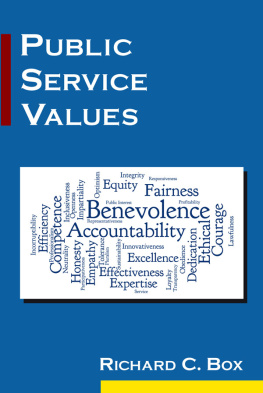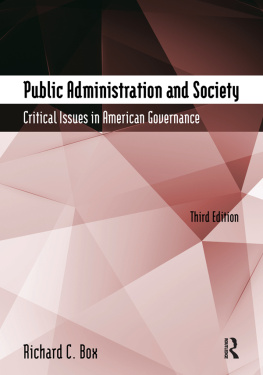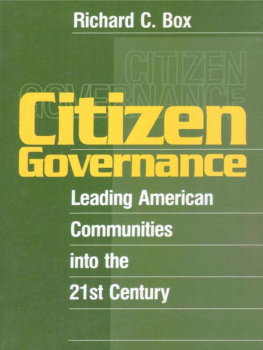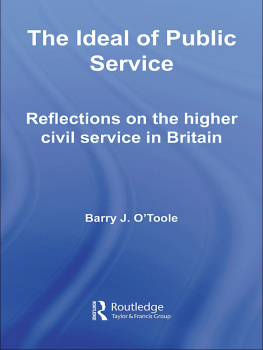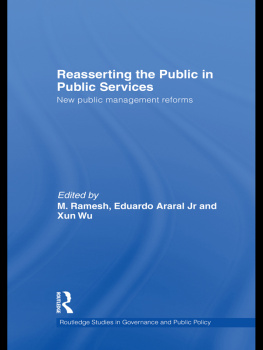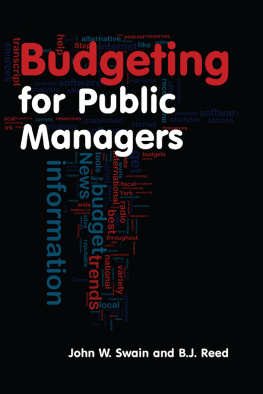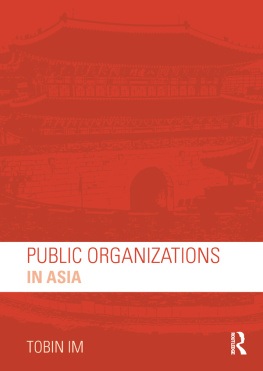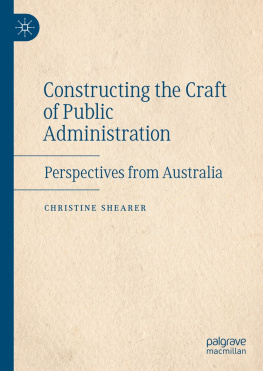First published 2014 by M.E. Sharpe
Published 2015 by Routledge
2 Park Square, Milton Park, Abingdon, Oxon OX14 4RN
711 Third Avenue, New York, NY 10017, USA
Routledge is an imprint of the Taylor & Francis Group, an informa business
Copyright 2014 Taylor & Francis. All rights reserved.
No part of this book may be reprinted or reproduced or utilised in any form or by any electronic, mechanical, or other means, now known or hereafter invented, including photocopying and recording, or in any information storage or retrieval system, without permission in writing from the publishers.
Notices
No responsibility is assumed by the publisher for any injury and/or damage to persons or property as a matter of products liability, negligence or otherwise, or from any use of operation of any methods, products, instructions or ideas contained in the material herein.
Practitioners and researchers must always rely on their own experience and knowledge in evaluating and using any information, methods, compounds, or experiments described herein. In using such information or methods they should be mindful of their own safety and the safety of others, including parties for whom they have a professional responsibility.
Product or corporate names may be trademarks or registered trademarks, and are used only for identification and explanation without intent to infringe.
Library of Congress Cataloging-in-Publication Data
ISBN 13: 9780765643650 (pbk)
ISBN 13: 9780765643643 (hbk)
Public Service Values reminds us that the founders of our nation and later the founders of our discipline placed strong emphasis on regime values. For them, these values were the heart and soul of the discipline and professions we now call public affairs. They almost certainly would be disappointed to learn that these regime values are frequently conspicuous by their absence in public affairs courses and scholarship.
Public service values are rarely explicit in public affairs unless the topic is ethicsand ethics courses are not core courses in most MPA programs. It is as if we are afraid to engage these values openly in our classrooms and research for fear we will be judged less than rigorous and/or emotional as opposed to the more esteemed rational.
When discussing the core functions of public organizations (e.g., budget and finance, human resource management, and strategic planning), public service values are at best a vague, amorphous, feel-good backdrop. They are not used to provoke discussion about which values might be relevant to core public functions and what aspects of administering these areas might elicit value conflicts for public professionals.
Public Service Values provides an opportunity for us to remedy these omissions in our teaching and research. Richard C. Box invites us to proudly and explicitly explore public service values as they apply to the decisions, dilemmas, actions, and choices of public professionals in the performance of their daily responsibilities.
This book is well grounded in the literature and in practice. The tone is bright, upbeat, and realistic; the analysis is rigorous and well documented. Also, if a passion for public service and a desire to support public professionals is emotional, I am fine with the label and applaud the authors commitment. As a practitioner, I would argue that the authors explication of the values throughout the book as they apply to public professionals and their work is satisfyingly realistic and useful. Rational does not seem like a useful measure after noting these contributions of the book.
Public Service Values consists of eight chaptersfive of which are devoted to the five value themes or concepts, each of which encompasses many other related values. The themes are neutrality, efficiency, accountability, public service, and public interest. As a public professional, I found these five themes quite relevant to my experience and the parsing of each edifying and thought-provoking. I wish I had this book in my library when I was working in government.
A major strength of this book is its relentless focus on the individual public professionalon how she or he can use values as effective tools in daily work. The author reinforces this focus throughout the bookmost notably at the end of his five theme chapterswith case examples and a final section on applying the value theme to professional life. The case examples stimulate reflection about what values are in play and challenge public professionals to be very deliberate when deciding what tradeoffs to make. The sections on applying values to professional life summarize the chapters message about what each specific value cluster means for the public professionalhow it fits in the current context, what values conflict, what values might take precedence.
Another major contribution of this book is the last chapter, in which the author provides an approach to holding ourselves as public service professionals accountable. He poses seven questions about public service values that, if used routinely, would contribute, as the author hopes, to a more conscious and reflective public practice and also enrich the professional lives of public professionals. Here are the seven questions:
Whom do I serve and for what purposes?
What is my personal relation to what I know?
What public service values are emphasized in the particular decision, event, policy, or practice that I am thinking about today?
What values are slighted or minimized in a particular situation that might be important to the people involved, to outcomes, and to future conditions?
Can I improve on my understanding of the circumstances surrounding a particular situation by using imagination and empathy?
Given what I know about public service values, are there policies, practices, or programs that might be changed in ways that better serve the values I think are important?
Am I acting in ways that will serve the public interest in the long termfor example, improving quality of life, social equity, and the condition of the natural environment?
These are questions that every aspiring public service professional should be taught to use and that current public service professionals should be strongly encouraged to make a habit of employing routinely.
As to what role this book should play in public affairs education, the author says the book is designed to be used as a supplemental text for undergraduate or graduate courses in public affairs. I agree but think it has the potential to be useful well beyond such a modest scope.
Public Service Values challenges us to include public service values in our public affairs curricula, especially at the graduate level. As noted above, we give lip service to these values as we guide students through their programs, but we do little to help them understand what those values are. We also do little to help students determine for themselves which of the values they personally find most compelling and how to apply public service values in professional settings.
This neglect of explicit use of public service values across our curricula has significant costs. We may lose students who come to us passionate about public service, or, perhaps worse, we may quash the passion they bring to the program. We also miss the opportunity to prepare students much more completely for professional public service roles. If we do not stress public service values in their formal education, how will they know to invoke them in their professional roles?

